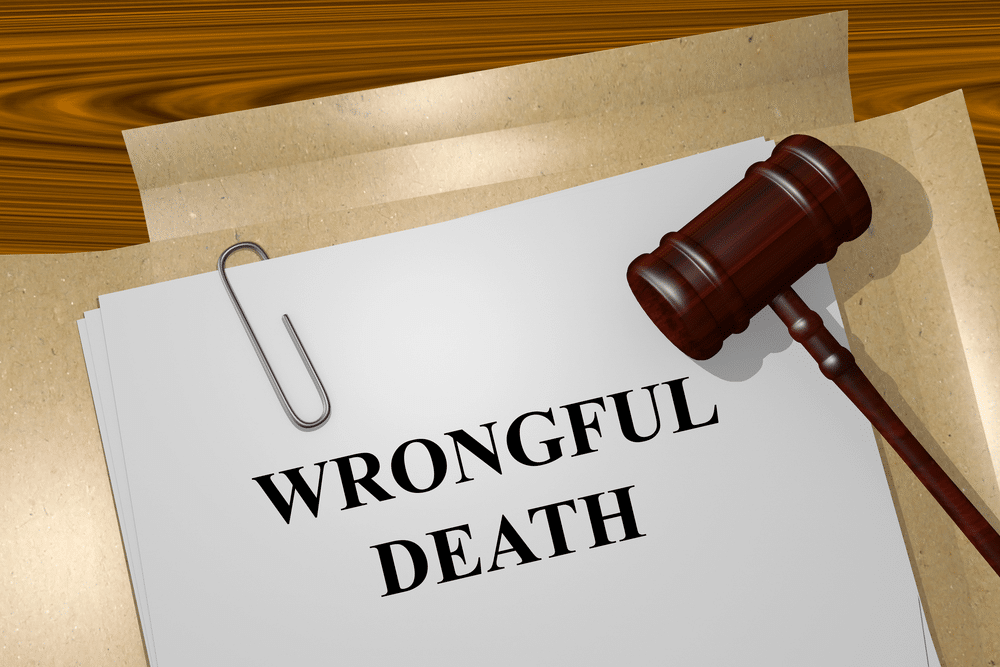The Importance of Estate Planning Checklist

A comprehensive estate plan is essential for safeguarding assets. Estate planning is not just for a select few; it is a crucial process that everyone should actively participate in to protect their assets after passing. Here is a detailed guide to the estate planning checklist and the essential steps involved in the process.
What Is an Estate Planning?
A plan for managing, distributing, and protecting your assets in the event of your passing is essential. This involves creating an estate plan. It goes beyond just making a will; it encompasses various legal documents and strategies to ensure your wishes are carried out efficiently. This process not only provides you and your family with financial security but also a sense of peace and reassurance.
Steps To Consider in Estate Planning
Assessing Your Assets: Start by taking stock of all your assets, including property, investments, retirement accounts, and insurance policies. Consider any valuable personal items and savings accounts to ensure a comprehensive overview.
Creating a Last Will and Testament: A last-will checklist is crucial in outlining how you want your assets to be distributed and appointing guardians for minor children. It also ensures that your final wishes are clear, helping to prevent any potential disputes among family members.
Establishing Trusts: Trusts can be instrumental in avoiding probate, minimizing estate taxes, and ensuring assets are managed according to your wishes. These can provide a level of privacy about your assets that is not possible through a will.
Advance Directives: Documents such as a power of attorney and healthcare directives are crucial for appointing individuals to make financial and medical decisions in case of incapacitation. Having these documents in place ensures that your wishes are respected and that the decision-making process is in the hands of someone you trust.
Review Beneficiary Designations: Ensure your beneficiary designations on accounts like life insurance and retirement plans are up-to-date. Reviewing and updating your beneficiary designations is essential, especially after significant life events like marriage or divorce.
Writing a Last Will: Protecting Your Legacy
Drafting a last will is a fundamental step in the estate planning process. A last-will checklist can help you articulate your wishes clearly and prevent any disputes among family members. It’s essential to have a will, no matter the size of your estate. This makes sure your loved ones are looked after as you planned.
Secure Your Family’s Future Today!
Proper estate planning ensures peace of mind. It’s crucial to consult with legal experts who understand your unique needs and circumstances. Contact Winton & Hiestand Law Group, PLLC, for personalized guidance on creating a comprehensive estate plan tailored specifically to your situation. Schedule an appointment with us today to consult our legal team.

